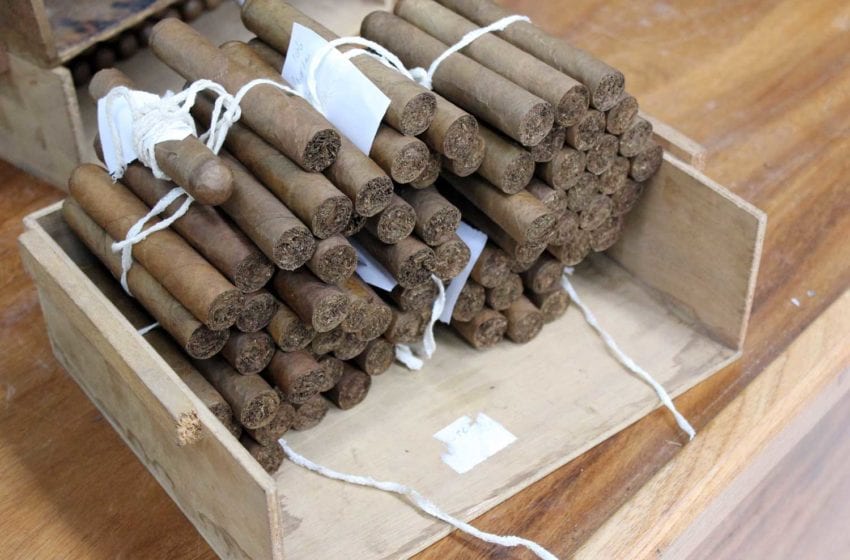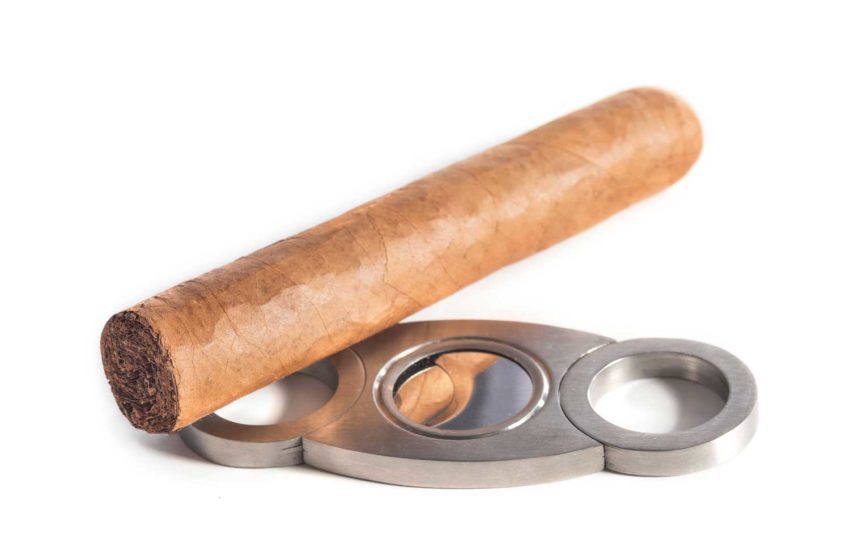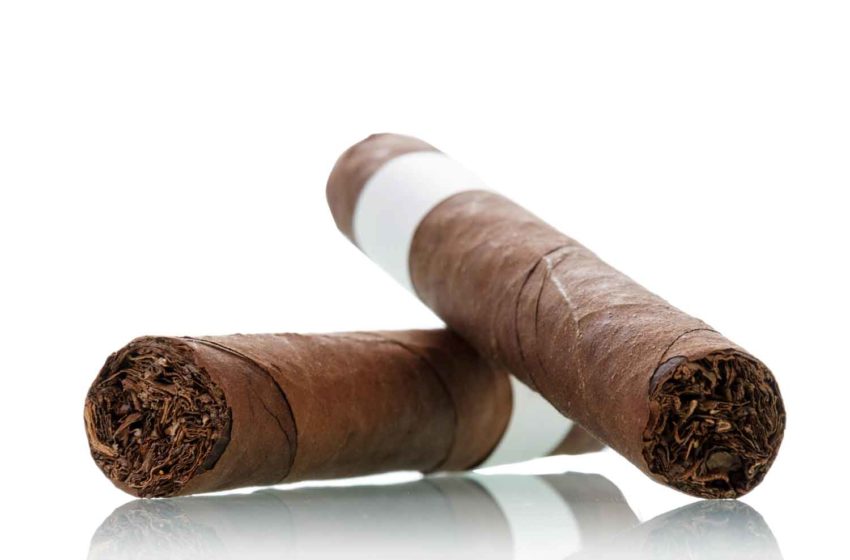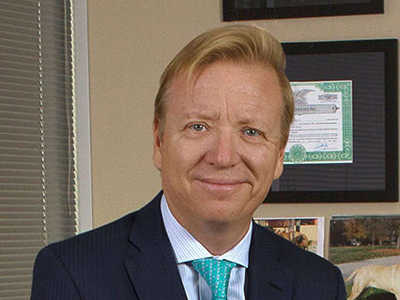Criminals don't care about regulatory standards or quality control, warns CAA. Read More
Tags :Cigar Association of America
Underage use of flavored cigars is at historic lows, says the Cigar Association of America.Read More
Some imports reported as ‘large cigars’ may in fact be ‘premium cigars.’Read More
The 2021 figures were up by more than a quarter over those from the previous year. Read More
David Ozgo succeeds President Craig Williamson, who announced his retirement.Read More
Estades calls for stakeholders to preserve the industry for future generations. Read More
The FDA properly implemented U.S. law when it extended cigarette rules.Read More
The CEO of Tabacalera USA is the organization's longest-serving chairman. Read More
The two-hour meeting, which took place via a video conference, primarily concerned the substantial equivalence processRead More








